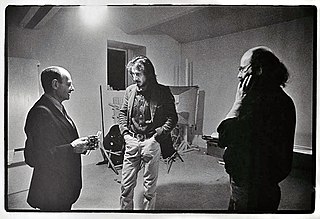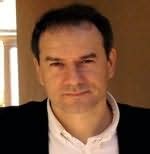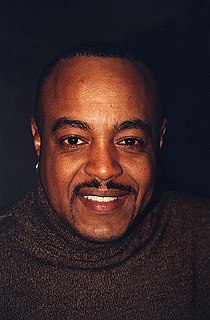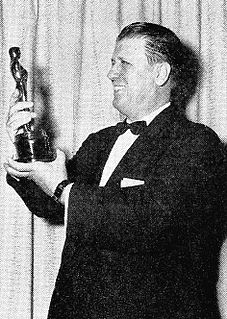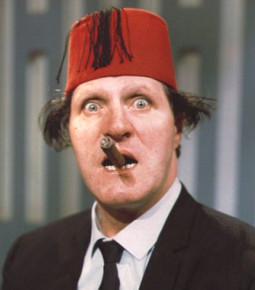A Quote by Irving Penn
I have always stood in awe of the camera. I recognize it for the instrument it is, part Stradivarius, part scalpel.
Related Quotes
My mind is in so many different places while we're shooting. Part of it is watching the performance, part of it is watching the camera, and part of it is thinking about the stuff that we have to get that day. It's always a pleasure watching, but you also take it for granted, when you're on the actual grind, making the show.
I think we've lost the idea that politicians are part of the humanities. And we think of them as part of a natural science tradition, and we don't expect them to have the contact with literature, with history, with the richness of descriptive language that the humanities have always stood for. And I think that's a great loss.
I ask my assistants if they're retarded all the time. When the camera is on you, of course, actors have the ability to make it real. For me, if I'm not talking, it is a problem. I have so much more respect for actors after being in front of the camera, and I realize that the hardest part is when you're not talking. Listening is harder than just acting. Listening is the hardest part.
